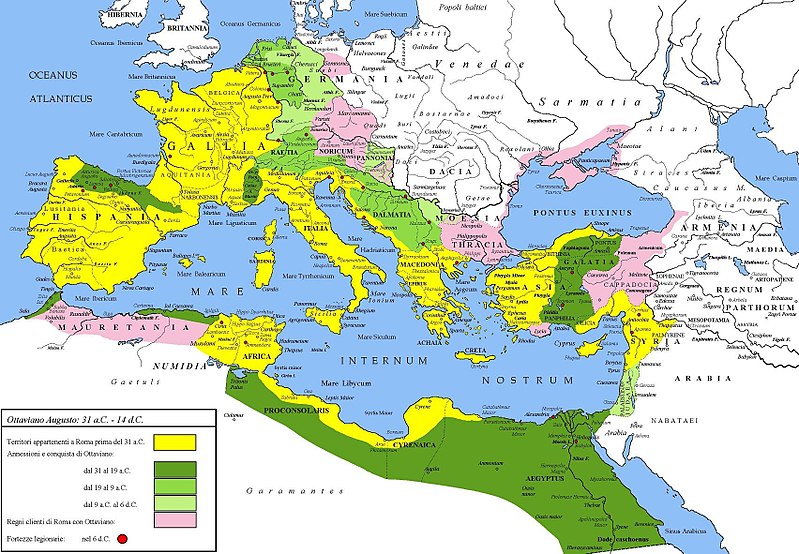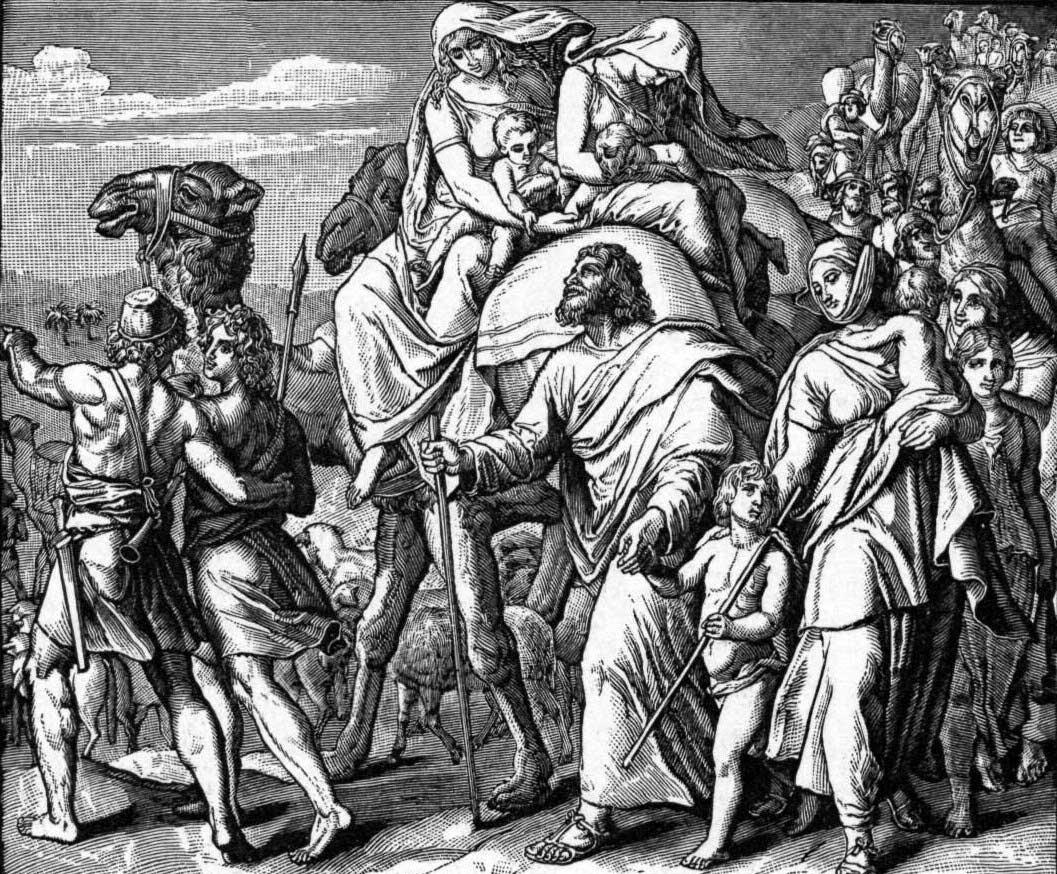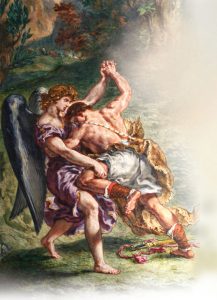
In 37 BC, the Romans approved of Herod as the king of Judea. He reigned unchallenged and secure until his death in 4 BC i.e.all through the 33 years that followed. Also the Romans never interfered with the working of Herod, though the ownership of Judea continued to rest with them.
Herod had performed the tasks of rebuilding and expanding the Holy Temple. Though these tasks were dear to the Jews, they were performed by Herod only for appeasing them. Everything else that he did invariably invited their ire.
Not Jew by birth, Herod was well aware that the Jews would, for this very reason, not ever accept him as ‘king’. Thus to strengthen his claim to the throne of Judea, he had all the Hasmonean dynasts murdered except for a young princess. His plan was to build ties with the Jews by marrying the Hasmonean princess, but he was unable to carry it through.
Herod was extremely cruel and suspicious by nature and inflicted horrible atrocities on the Jews. Moreover, due to his excessively distrustful or rather paranoid nature, Herod always suspected that people were plotting against him and had no qualms about killing the person who he thought was the culprit. Herod is known to have gone to the extent of killing two of his own sons all because one of his sons poisoned Herod’s ears against them.
The news of the birth of Jesus Christ too made him anxious and perceiving this baby as a threat to his throne, he ordered the execution of all the Jewish children who were under two years and lived in Bethlehem and the vicinity. Though scholars are divided over the veracity of the incident, they all agree that Herod did indeed ill-treat the Jews and that he inflicted terrible atrocities on them.
Herod did not give up inflicting atrocities even when he knew that death was approaching. In order to ensure that the Jews did not rejoice in his death, he issued a very weird diktat: he ordered that on his death many important Jews be arrested and killed so that the Jews do not celebrate his demise. Fortunately, the orders were not implemented, and all those who were detained were set free upon his death.
In the meantime, many tempestuous changes were taking place in the Roman Republic. Finishing Pompey and other opponents by 46 BC, Julius Caesar became the supreme leader of the Roman Republic. Caesar’sadversaries resented the programme of political and social reforms undertaken by him and were on the lookout for an opportunity to eliminate him and it came their way in 44 BC. Caesar was murdered in his own court when in session. However, in the power struggle that followed, his son Octavian (Emperor Augustus), conquered all his enemies and ascended his father’s throne.

Although the sun set on the Roman Republic in 27 BC, it was this very year that marked the dawn of the era of theRoman Empire.
In 4 BC, after the death of Herod, his son succeeded him to the throne of Judea. He ruled for the next nine years and followed in the footsteps of his father when it came to inflicting atrocities. It was under his cruel reign that the Jews stepped into the new AD (common) era.
Finally, in 6 BC, Emperor Augustus dismissed the autonomous dictatorship in Judea through a royal decree, merged the provinces of Judea, Samaria and Idumea with the Roman Empire and appointed a Governor (who was the representative of the Roman Empire) to administer the region.
During his reign as the supreme leader of the Roman Republic, Julius Caesar had duly recognized the religion of Judaism and had given complete liberty to the Jews to practice their orthodox religious faith, tenets and rituals freely, anywhere across the empire. Judaism thus became the ‘permitted religion’ (Religiolicita) in the Roman Empire. Augustus, who succeeded Julius Caesar to the Roman throne, also maintained the tradition.
After merging the province of Judea with the Roman Empire, Quirinius, the then Roman Governor of the province of Syria, appointed by Augustus, undertook the programme of the census of Jews, who were now citizens of the Roman Empire. The idea behind implementing this programme was to levy heavy taxes on the Jews for which some basic data was required to be collected.

The Jews revolted against this oppressive programme. A brave Jew –‘Judas of Galilee’also known as ‘Judas of Gamla’, who hailed from the city of Gamla near the Golan Heights, led the revolt. He urged the Jews to refrain from registering with this unjust taxation programme launched by the Romans.
This revolt was just the beginning. The Jews fought against the Roman Empire for the next one hundred and fifty years to follow.
The first of the major wars was fought in the period from 66 to 73AD. By then, the rebel leadership had passed on from ‘Judas of Gamla’ to the next generation. The rebels (especially the Sadducee and the Pharisee sects) had also established an informal, parallel government. Among the Jewish masses, the Jewish leaders who led the rebellion propagated the principle that‘God was the only ruler of Israel and hence the Jews did not owe any payment of taxes to Rome’.
The principle found quick acceptance and spread rapidly among the devout Jews who wholeheartedly followed the Jewish tenets and principles and subsequently led to the ‘Great Jewish Revolt’ or the ‘First Jewish–Roman War’.(To be continued…)













